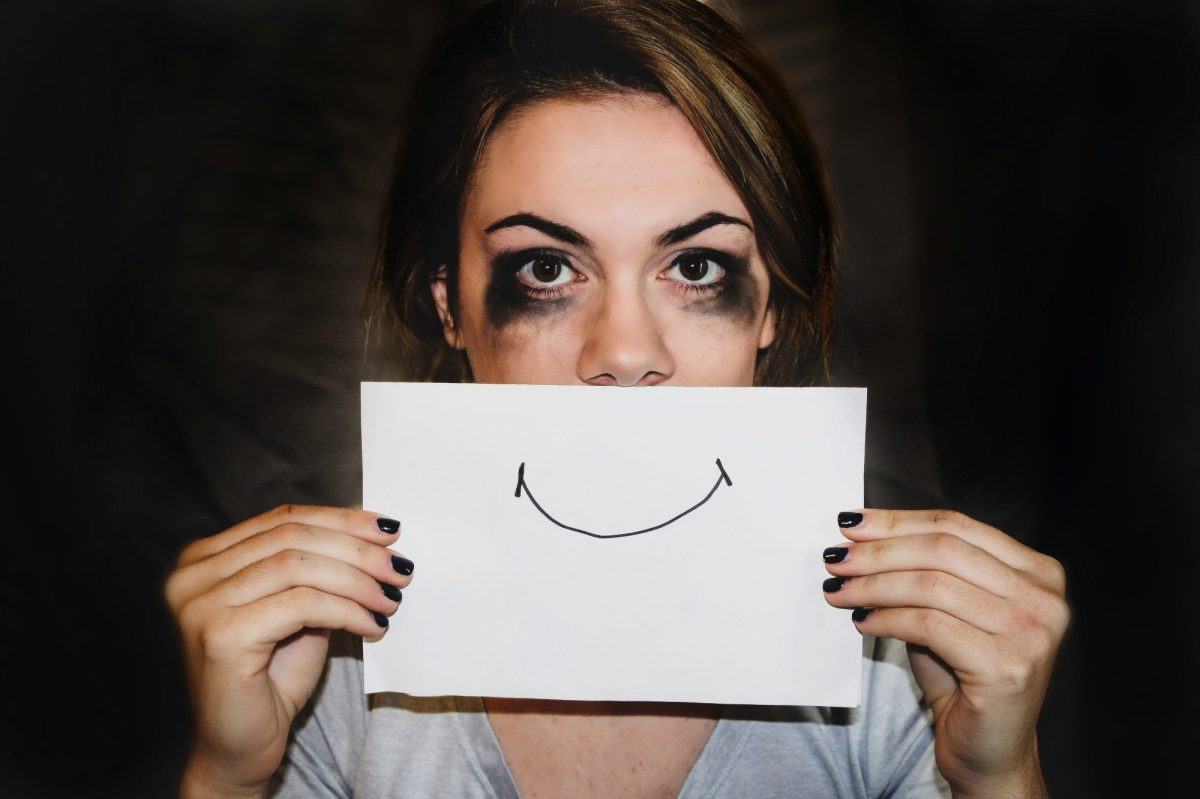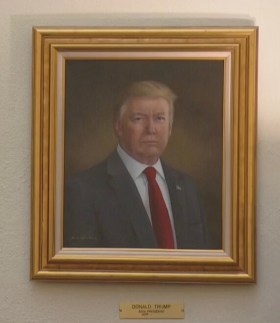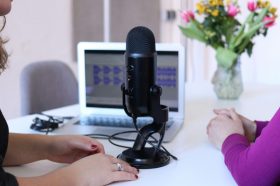Burnout has become a fashionable pop psychology term in recent years, but it’s certainly more than a fad. The World Health Organisation recognises it as real and dangerous, usually manifesting in exhaustion, loss of empathy and reduced performance at work. It can be challenging for artists to discern between an inspirational drought and true burnout. The danger comes when artists attempt to push past their fatigue into “productivity”, which continues to damage an already frayed nervous system.
While almost everyone experiences burnout at some point in their careers, recent studies have placed designers in the top five jobs prone to damaging fatigue. Women, older generations, lower-income workers and parents are also more likely to experience burnout. There are many tips for preventing burnout, but how do we recognise when things have gone too far?
Here are seven symptoms of true creative burnout and ways to combat them to help you discern between an inspirational block and a true state of burnout.
You’re struggling to do basic work
Are you inspired to do the editing on your magnum opus? Or to work on that massive canvas you’ve had set up in your studio? Fair enough. Creative projects can be daunting, and it’s expected to experience some work avoidance on massive projects.
But if you’re struggling to return emails or stay on top of basic administrative tasks that are usually a breeze, you may be experiencing burnout. It’s normal to experience the occasional day of work avoidance, but an inability to build momentum with small tasks can signal that you need some meaningful recovery. The most straightforward fix is to plan a decent break from work – not just for hours or days, but weeks if you can manage it. Alternatively, start giving yourself one day a week truly “off” to engage in fulfilling activities.
It’s been a while since you’ve had a new idea
We don’t like to tell our audiences this, but every artist has hacks to “phone it in” occasionally. We may recycle old material or apply a working framework that’s been successful in the past. It’s also easy to get stuck in a series of long-form creative projects that bubble along for months or years.
But if it’s been a substantial amount of time since you’ve had a genuinely new idea for a project and been inspired by it, then you may be experiencing creative burnout. Along with taking a break, giving yourself time to be inspired by the works of others can be key. Ideally, these are artists outside your professional network or even your medium. Learning to enjoy others’ creativity again can reignite your own. When artistry becomes linked with productivity, it’s easy for the well to run dry. Creating a deliberate practice out of consuming the work of others can be crucial for creative vitality.
You wake up with dread
If you’ve become accustomed to facing every morning with a pit in your stomach, it’s a clear sign your body is telling you to put in some boundaries. Establishing healthy habits is essential in building sustainable careers. This includes exercise, sleep and diet. If you’re experiencing a build-up of anxiety, dread and stress, a lack of sleep or exercise will make matters worse. Small habits, such as a daily walk or a regular bedtime, can help to begin a positive change.
You have a permanent case of the grumps
Irritability is a natural partner to stress and fatigue. Cynicism about your professional life can be easy in creative fields, where artists constantly compete for gigs. This inevitably affects motivation and productivity, meaning artists are less likely to be “successful” anyway, further feeding the cynicism and irritability.
Breaking this cycle is the only path forward for a creative career. Depending on how entrenched the mental cycle has become, the breakaway from it may need to be radical. Taking a sabbatical away from your work for 12 months or more or tending to another career may help you re-engage with your creative work with fresh insight. Otherwise, giving your work environment a meaningful shake-up may regenerate your mood. Switching up location, teams, mediums or clients may reawaken your creativity.
Health issues are starting to come up
Find yourself drinking more? What about headaches or body pain? Have you had your blood pressure checked recently? Have you experienced substantial fluctuations in your weight?
We can dismiss physical health concerns as separate from our professional lives. Our body is not a closed system and is impacted by every other aspect of our lives. Prolonged stress is always damaging to physical and psychological health, even on projects that have been relatively positive or worthwhile.
Conducting an audit of your last 12 months will help. Look at your income, your projects and your calendar. Compare this with your health issues and see how one can impact the other. Now, look at the next 12 months. What can be avoided? Is the income you’re generating worth the cost you’re paying for your health? A counsellor or psychologist can assist you with such an exercise, and a helpful outside eye can be useful.
You care more about product than the process
If you could somehow travel back in time and grab your teenage self and show them all that you had achieved and been up to in your professional life, how would they react?
Chances are you were drawn to the creative field because you loved creating something. The product the process became was secondary to your enjoyment of the craft.
In a professional life, artists can become obsessed with the product rather than find joy in the process. In fact, a sign of creative burnout is an obsession with how the product will be received or with feedback from critics.
If this is the case, again, a break may be needed. Or, challenge yourself to create something that will never be seen by anyone other than yourself. Notice the changes in your mood or motivation.
You are tired all the time
Human beings aren’t meant to be exhausted all the time. Creative energy should be life-giving and inspiring. It’s difficult to summon positive energy if you’re tired. If your exhaustion doesn’t shift no matter how long you sleep, it signifies a deeper problem.
It is relatively easy to say the answer is “rest”, but for many artists, who are used to a relentless grind of productivity, rest and recovery can be difficult skills to relearn. Furthermore, hours of extra sleep are unlikely to completely fix the problem. In fact, sleeping beyond nine hours of sleep regularly can be a sign of depression. Working out a life of wellbeing and balance can take time.
It is advisable to seek help from a medical professional, particularly if any of the above symptoms are ongoing or overwhelming.





